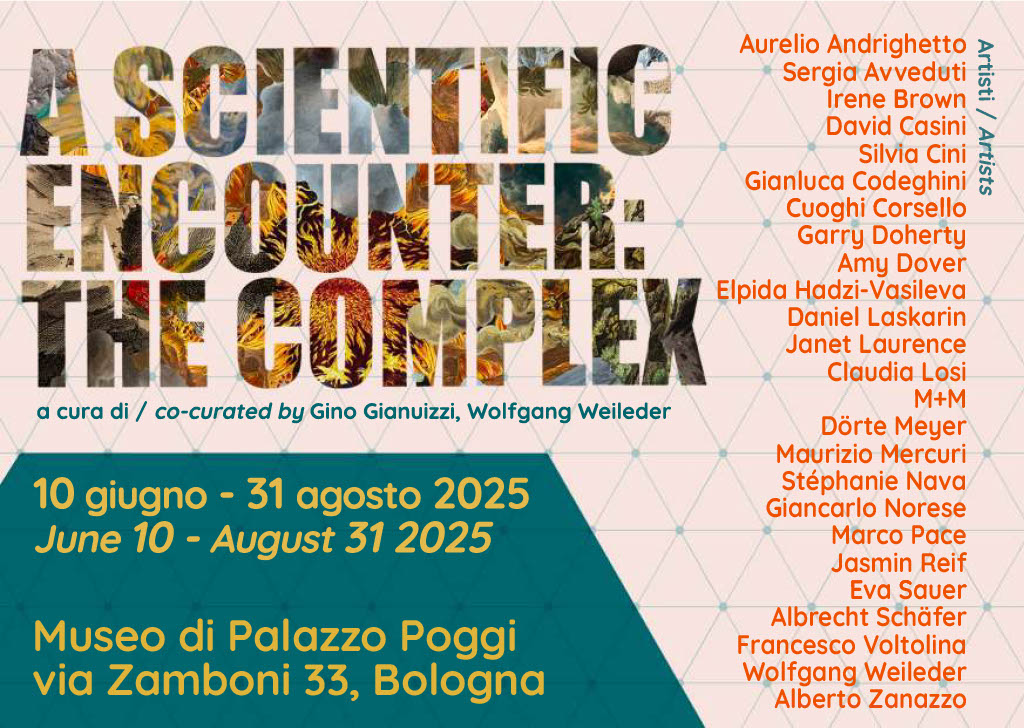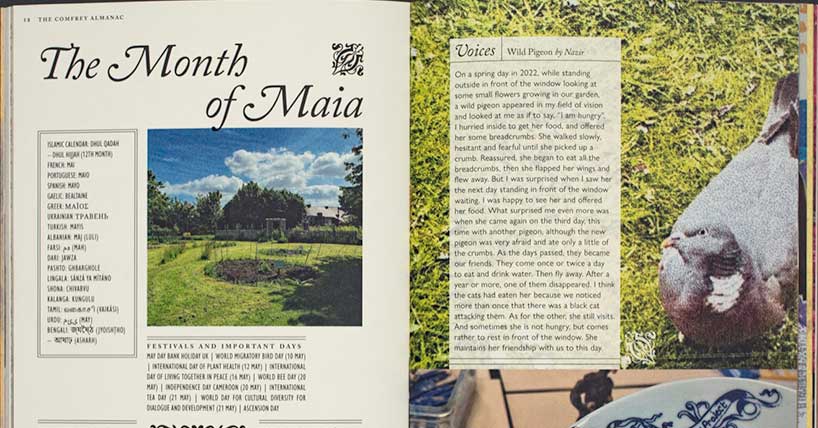A Scientific Encounter
A Scientific Encounter: The Complex
Published on: 21 May 2025
A new exhibition, curated by Newcastle University Professor Wolfgang Weileder, explores the intersections between cultural and scientific heritage.
Art and science
The exhibtion, in Bologna's Palazzo Poggi Museum, is curated by Wolfgang Weileder, an artist and Professor of Contemporary Sculpture in Newcastle University’s Fine Art department, who is exhibiting as well as curating, the exhibtion. His fellow curator is Gino Gianuizzi, is an independent researcher and teaches Urban and Spatial Intervention Design at Bologna’s Academy of Fine Arts.
"Featuring latest Newcastle University research A Scientific Encounter – the Complex brings together historical science and contemporary art," says Professor Weileder. "I am very happy that I could initiate this exciting project and invite 25 international artists to respond to the unique collection of the Palazzo Poggi Museum in Bologna."
Irene Brown, Professor of Contemporary Art at Newcastle University, and PhD student Amy Dover, are among the artists who showing their work.
The exhibtion will focus on the concept of the “complex”—a term coined by Luigi Ferdinando Marsili (Bologna, 1658–1730). A polymath—scientist, academician, diplomat, and general—Marsili founded Bologna’s Institute of Sciences and Liberal Arts, housed in Palazzo Poggi since 1711. The institute’s early prestige is underscored by the 1714 incorporation of the local Accademia degli Inquieti, which transformed it into the Accademia delle Scienze dell'Istituto di Bologna. This institution encompassed an educational centre, a scientific museum, and the Academy of Fine Arts.
Marsili’s vision of the “Complex” championed innovation through collaboration, debate, and experimentation between science and art. By pairing works by internationally recognized artists with arte facts from the museum’s collections, the exhibition reimagines the historical relationship between art and science. It interrogates how historical collections—spanning anatomy, optics, chemistry, geography, nautical science, physics, and astronomy—can be reinterpreted through contemporary artistic engagement, while simultaneously expanding artistic practice through encounters with these objects.
The project seeks to reassess the historical entanglement (and disentanglement) of art and natural sciences; engage public interest in scientific museum collections by commissioning contemporary artists to highlight shared heritage; examine the agency of objects—how they shape human understanding, drawing from methodologies in science anthropology (e.g., Bruno Latour’s theories).
The exhibition is not didactic; contemporary artworks neither subordinate nor merely complement Palazzo Poggi’s collections. Instead, they intervene dynamically—dialoguing with or contrasting against displayed objects (fossils, scientific instruments, fortress models, anatomical waxes).
The museum’s itinerary —featuring geography, nautical science, military architecture, physics, natural history, chemistry, human anatomy, obstetrics, and the Aldrovandian Museum— becomes a site of free dialogue, where artistic interventions provoke questions, challenge assumptions, and offer alternative visions

Catalysts
Scientific Encounter: The Complex reimagines historical scientific objects as catalysts for new ways of seeing and thinking and uses artistic imagination to uncover latent meanings and challenge linear/teleological narratives of scientific progress. It also acts as a “rearview mirror” on the evolution of knowledge, reflecting shifts in material culture embracing a philosophical turn redefining object-subject relationships, revitalizing the role of material culture in natural sciences.
By engaging with these collections through an object-oriented lens, artists liberate their latent potential, recontextualizing them for contemporary discourse.
This exhibition extends the research initiative A Scientific Encounter: On Inter-Objectivity (2017, University of Montpellier Faculty of Medicine), a collaboration between Newcastle University, École Supérieure des Beaux-Arts de Montpellier, and the University of Montpellier. The earlier project explored how scientific objects mediate human-world relationships through Bruno Latour’s concept of “inter-objectivity.”
The exhibition will be open from June 10 to December 31, 2025.



